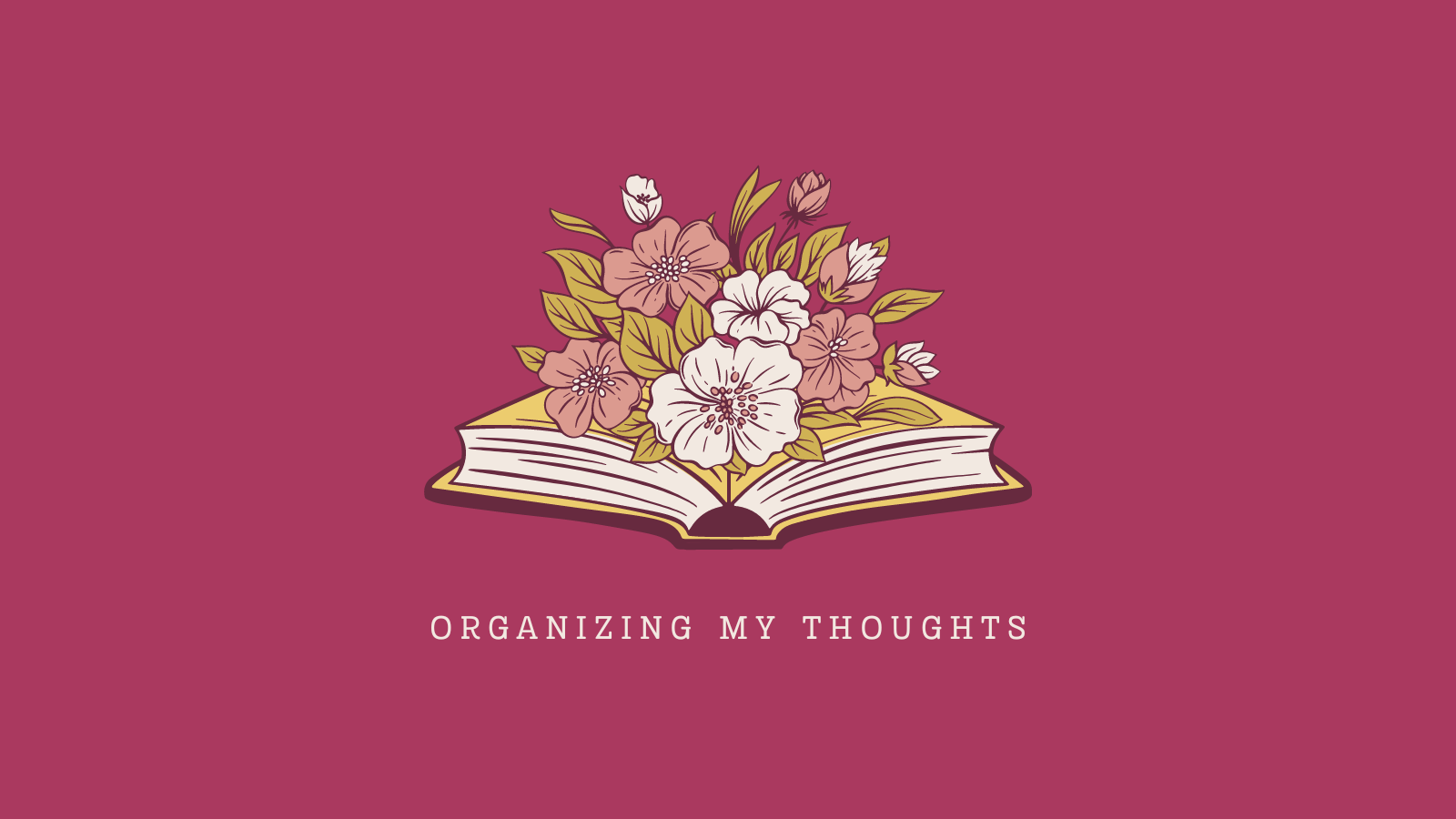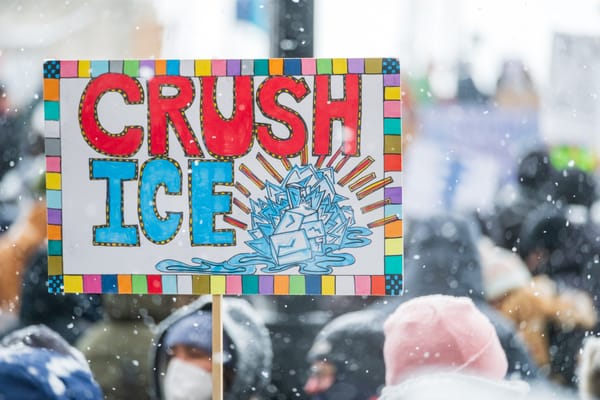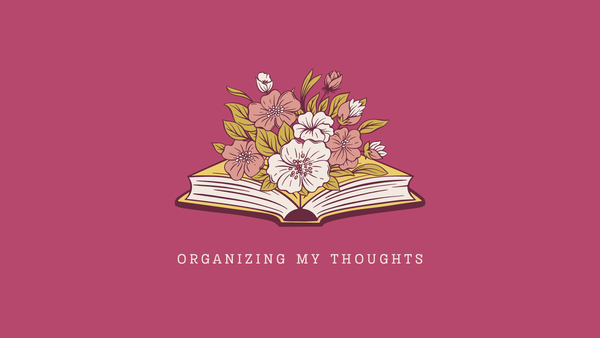Not a Distraction: Epstein, Elite Impunity, and the Rot at the Core
To wave off every horror as a distraction is to participate in the very obfuscation that protects the powerful.


“Let us take a knife
And cut the world in two—
And see what worms are eating
At the rind.”
— Langston Hughes, “Tired”
We live in an era where nearly everything is characterized as a “distraction.” From the genocide in Gaza to the rollback of of trans rights, and most recently, the ongoing scandal around the so-called “Epstein files.” After hyping up plans to release the files, which Attorney General Pam Bondi suggested included an Epstein “client list,” the Justice Department reversed course on July 7 with an unsigned memo asserting that no further material would be released. The DOJ’s public claim that the files included no client list, and no new information that might lead to the prosecution of individuals who had not yet been charged or implicated, reportedly followed a May meeting between Bondi and Trump in which the attorney general informed the president that his name appeared multiple times in the files. In the weeks since the administration changed course, Trump has thrown tantrums on social media demanding that the public forget about Epstein, and made baseless claims that the Epstein files were “made up” by former FBI Director James Comey, and presidents Barack Obama and Joe Biden.
While the president flails, interest in the scandal remains high, as the subject has dominated headlines in recent weeks. But the president isn’t the only one who seems to wish the topic would simply go away. Some Democratic leaders have insisted that a steady focus on Epstein is diverting the public’s attention from the recently passed Republican budget, which will cause millions of people to lose healthcare and food benefits. Nancy Pelosi has stated that the fallout around the administration’s decision to withhold the files was a distraction from “the kitchen-table needs of the American people.”
Facing criticism for her remarks, Pelosi would later post on X, “everyone on the Epstein list must be held accountable no matter who they are. Release the files."
Notably, Pelosi’s daughter, Christine Pelosi, caused a stir in 2019 when she tweeted, “This Epstein case is horrific and the young women deserve justice. It is quite likely that some of our faves are implicated but we must follow the facts and let the chips fall where they may - whether on Republicans or Democrats.”
Six years ago, Christine Pelosi seemed to grasp what many of us assumed was obvious—that an honest accounting of Epstein’s harms and affiliations would implicate powerful Democrats and Republicans alike. Amid the momentum of the Me Too movement, she insisted that the truth should be known, whatever the fallout. But in 2025, amid the flurry of horrors competing for our attention each day, there is less moral clarity in the public sphere about the need to center the experience of victims, or to put a stop to sexual violence. After all, former New York Governor Andrew Cuomo, who was brought low by allegations of sexual harassment that gained traction in 2020, and ultimately resigned amid the scandal, is currently running to be the next mayor of New York. Cuomo’s attempted comeback is emblematic of elite efforts to shake off the scandals of the Me Too era, as formerly disgraced politicians, actors and pundits attempt to reclaim their lost power and prestige. While Zohran Mamdani, the Democratic nominee in the New York mayoral race, is routinely harangued about language he has never used, politicians and media figures have often refrained from raising the sexual harassment scandal that ended Cuomo’s governorship, or his disastrous order requiring nursing homes to admit patients with COVID-19 in 2020.
When power and popularity are at stake, Republicans and Democrats have a bipartisan aversion to letting “the chips fall where they may.”
Meanwhile, the public, for all of its political divides and fractures, has a bipartisan sense of fear, hatred and contempt for people who sexually abuse children. The idea that rich and powerful associates of Epstein’s have gotten away with such abuse is widely accepted. Many believe that Epstein, whose death was ruled a suicide, was murdered to prevent his powerful associates from being implicated. (The administration poured gasoline on that conspiracy theory in July by releasing footage they characterized as "full raw" surveillance video taken near Epstein’s cell on the night of his death. Experts promptly raised concerns that the video had been altered, and appeared to be missing a full minute of footage.) Survivors of Epstein’s abuse have also implicated other powerful men. Virginia Giuffre claimed she was abused by a number of powerful men, including Britain’s Prince Andrew and famed attorney Alan Dershowitz. Giuffre, who became an advocate for survivors, and pursued criminal and civil actions against Epstein and his accomplice Ghislaine Maxwell, filed a civil lawsuit against Prince Andrew in 2021. Andrew settled out of court in 2022 without acknowledging any wrongdoing. Giuffre reportedly died by suicide in April of 2025 (though her father has suggested that “someone got to her.”)
The idea that billionaires and political leaders have gotten away with raping children is hardly far-fetched. It is baked into the public’s understanding of how power works. The impunity of the ultra-wealthy is a grim reality, and the public’s awareness that such crimes have occurred, and that perpetrators have been shielded from accountability, has helped fuel wild conspiracy theories, such as Pizzagate and QAnon. As my friend Sarah Kendzior recently told me, “The Pizzagate story emerged right around the time that Epstein was entering the broader public consciousness, in part as a result of Me Too and other high profile sexual abuse claims.” In her 2022 book They Knew, Kendzior described Pizzagate as “preemptive narrative inversion”: a way to redirect Trump voters away from Epstein while also creating a scenario absurd enough to make people who see themselves as respectable feel self-conscious about bringing up child sexual abuse and the impunity of elites.
Many conspiracy theories begin with a genuine injustice or inconsistency in the public narrative. As people attempt to make sense of their lives and the conditions they face, mythologies are sometimes born and scapegoats are created. People who correctly believe that billionaires and powerful men have gotten away with sexual violence and abuse may channel their fear and disgust into the fever dreams of online trolls and conspiracy theorists, or the rants of demagogues. People who don’t understand why they are struggling, or worse off than their parents or grandparents, may buy into conspiracies that cater to their existing biases and bigotries. In all such cases, people of conscience should seize upon the moral questions at the root of so much speculation and delusion.
Who is getting away with violence and vile acts of abuse? What systems and actors are enabling that impunity? Whether we are discussing the sexual violence Epstein committed and facilitated or the reason that so many people are struggling to get by, there are similar answers at work. There is a billionaire class that treats the majority of humanity as undeserving of basic rights. To them, we are replaceable, low-value assets that can be abused, worked to death, deprived of our liberty, denied healthcare, and disposed of at will.
At a visceral level, people in the United States have the capacity to understand this fundamental truth about the ruling class—put plainly, that they are killing us—which is why Luigi Mangione became a popular figure among everyday people across the political spectrum after allegedly killing a United Healthcare CEO.
However, our potential to direct our anger in the right directions by no means guarantees such outcomes. As activist and educator Mariame Kaba has stated, “Knowing who to be mad at is actual praxis.”
Misdirecting the public’s fear and anger is essential work for those who benefit from our suffering, and guilty elites are masters of obfuscation. As Kendzior told me, “High-level, powerful people who are protecting billions of dollars and protecting themselves from facing criminal charges or reputational ruin will go to great lengths to keep a story silent, and the press will comply.” Kendzior acknowledges that the onset of the pandemic diminished the media’s focus on Epstein, but also notes how successfully information about the case was suppressed. “Even now, we're hearing things about Epstein that are somewhat new,” she says, “like these notes that Clinton and Trump allegedly left at Jeffrey Epstein's 50th birthday party. I've looked at this topic now for 10 years, and I hadn't heard about that.”
As authoritarianism deepens in the United States, the manufacture of misdirection—through spectacle, chaos, and weaponized misinformation—will only intensify. In that atmosphere, the instinct to dismiss troubling stories as “distractions” is understandable. For Democratic leaders, it may be a calculated move to shield their allies and donors. For ordinary people, it may reflect a sincere desire to stay focused on what feels most immediate or actionable. But frustration alone cannot be our compass, whether it's the frustration of seeing people captivated by headlines that seem immaterial, or of watching a vital truth sink beneath the churn of the news cycle.
The scandal around the Epstein files is not a sideshow. It is an opportunity to ask better questions. This case could expose the bipartisan architecture of elite impunity, and the culture of complicity that sustains it. To wave off every horror as a distraction is to participate in the very obfuscation that protects the powerful.
Organizing My Thoughts is a reader-supported newsletter. If you appreciate my work, please consider becoming a free or paid subscriber today. There are no paywalls for the essays, reports, interviews, and excerpts published here. However, I could not do this work without the support of readers like you, so if you are able to contribute financially, I would greatly appreciate your help.




